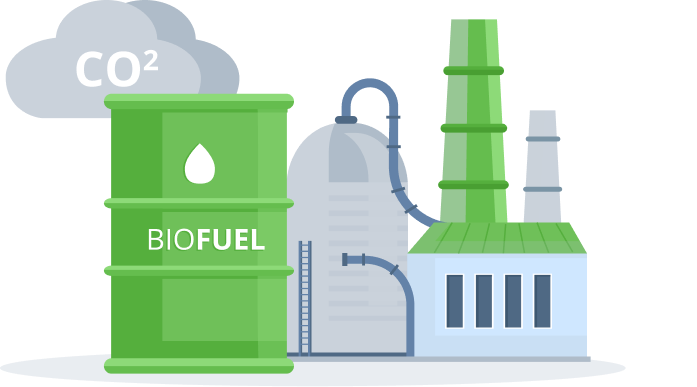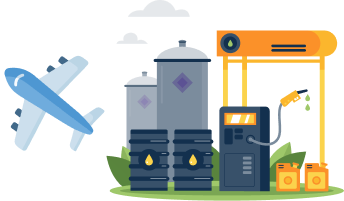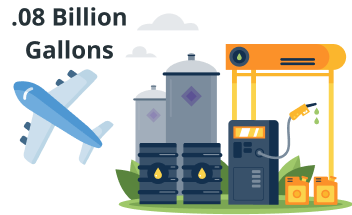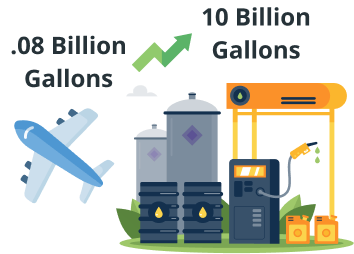SAF in a Sensible Circular Future
Sustainable aviation fuel allows for a multi decade transition ahead of any massive infrastructure changes that will be required for hydrogen fuel based aircrafts The ability to mix SAF with conventional jet fuel makes way for a gradual shift in the industry where most stakeholders can observe the advantages and then move to high levels of production subsequently benefitting from economies of scale.









